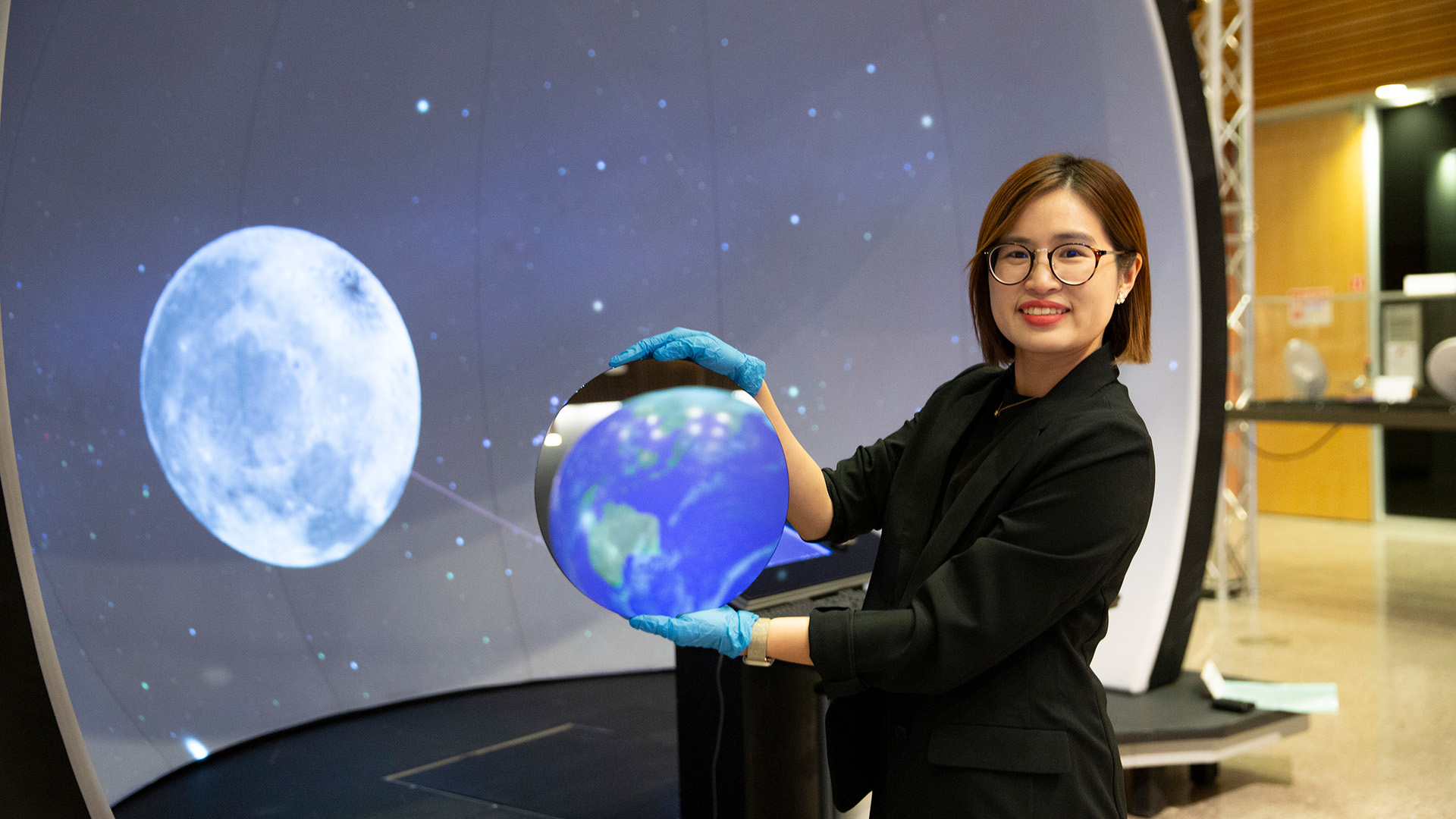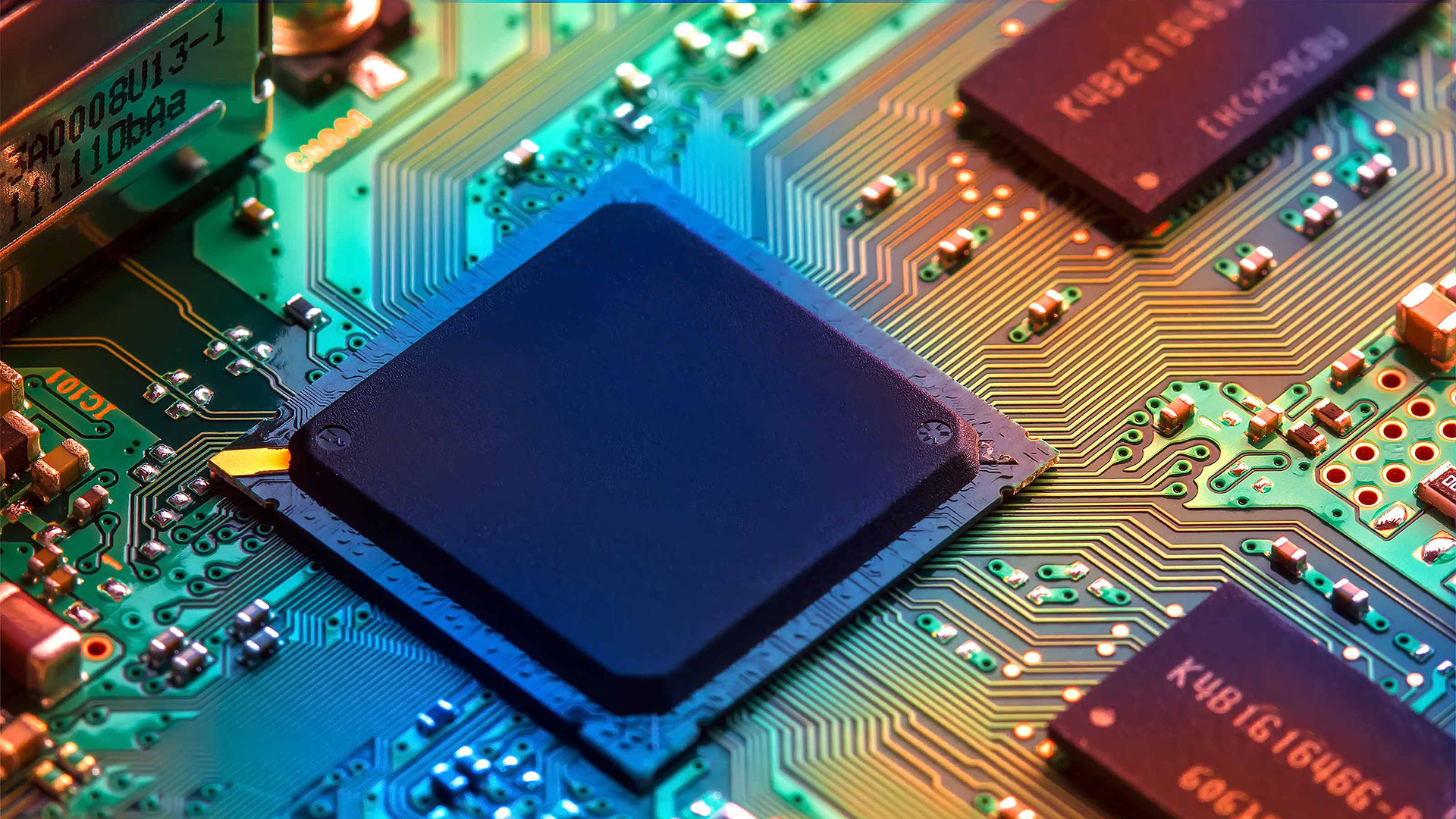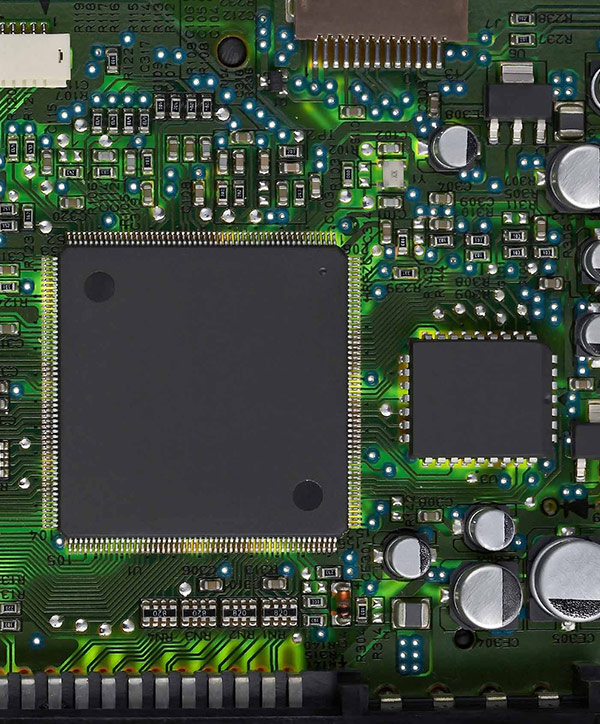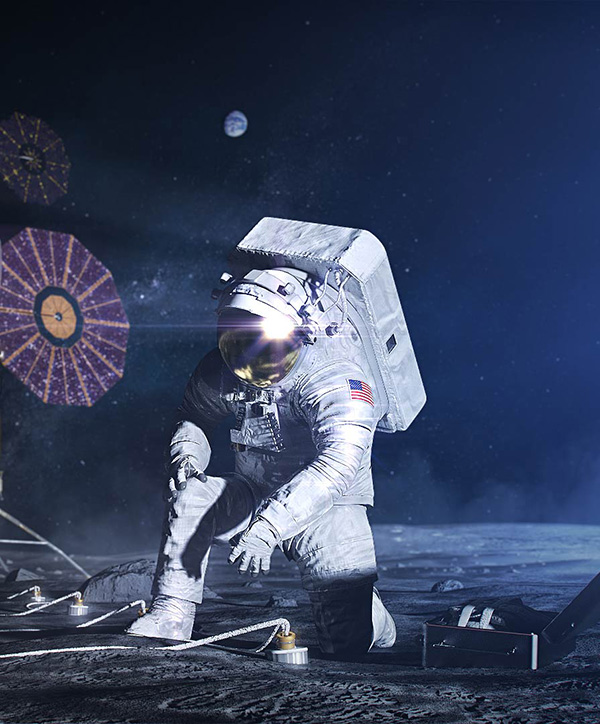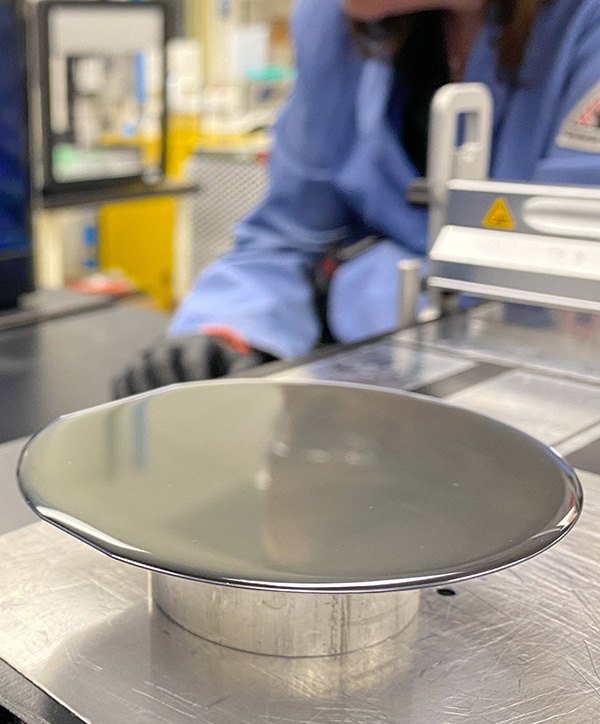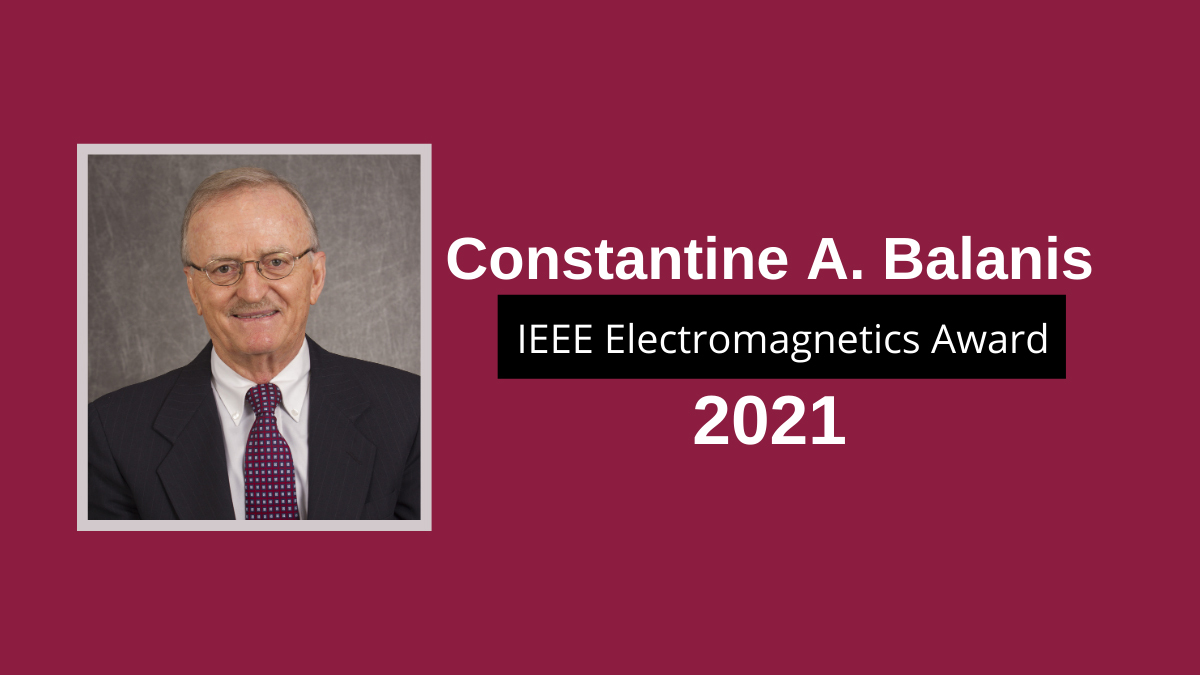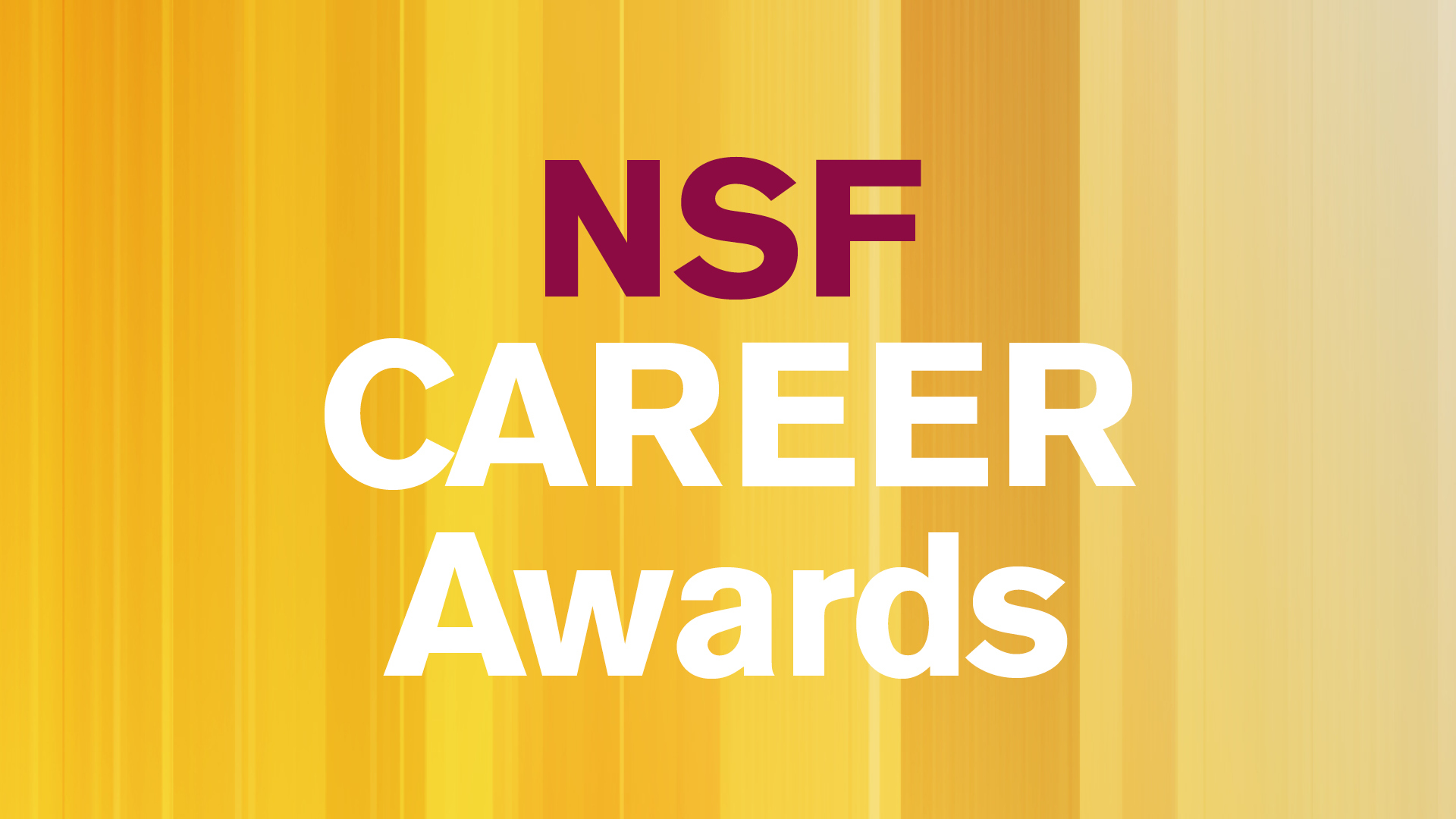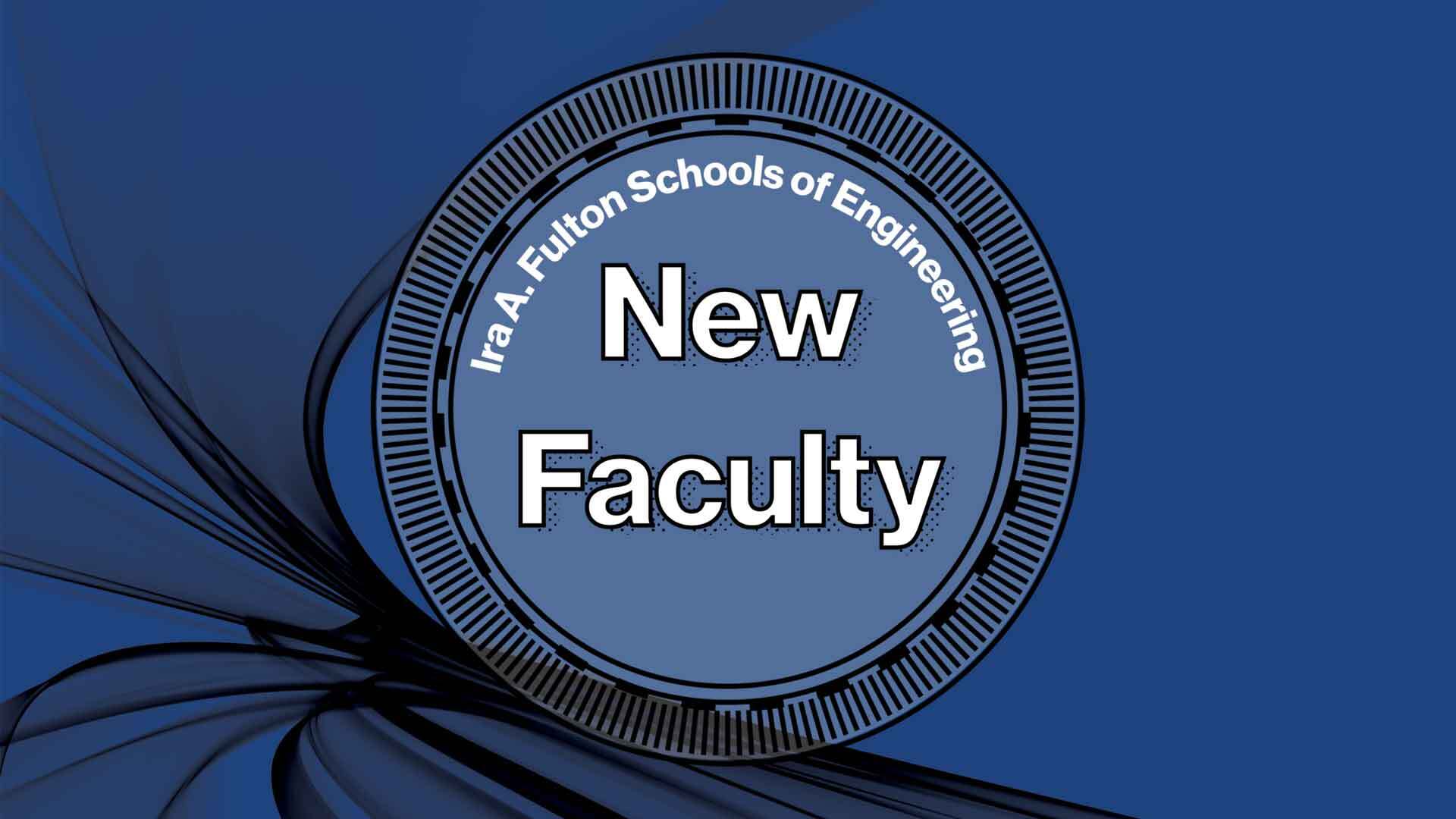ECEE Highlights:
2020 to the Present
Message from our director
Our faculty, students and staff have redoubled their collaborative efforts to strengthen and grow the programs in the School of Electrical, Computer and Energy Engineering. In the past few years, we have grown our faculty expertise and research efforts in energy and more recently, in microelectronics and semiconductors, to become an international hub for these areas.
Our primary focus is the education of students who are important contributors to our research. Our academic programs have grown significantly from about 1,200 students a decade ago to more than 3,500 in the Fall 2023 semester, including more than 280 doctoral students. Our sponsored research expenditures remain strong, exceeding $30 million for the past four years.
Our recognition includes U.S. News & World Report ranks of No. 36 for our electrical engineering graduate program and No. 17 for our undergraduate program in 2024. The online delivery method of our electrical engineering graduate program achieved a No. 2 ranking in 2023. This online mode has enabled an unprecedented tripling in undergraduate enrollment to more than 2,500 in a decade. Leveraging technology to provide innovations in our academic programs further improves the student experience.
We continue to accelerate our progress through aggressive faculty hiring. The extraordinary efforts of our dedicated faculty, staff and students drive the success of our school. Our programs and school have a bright future.
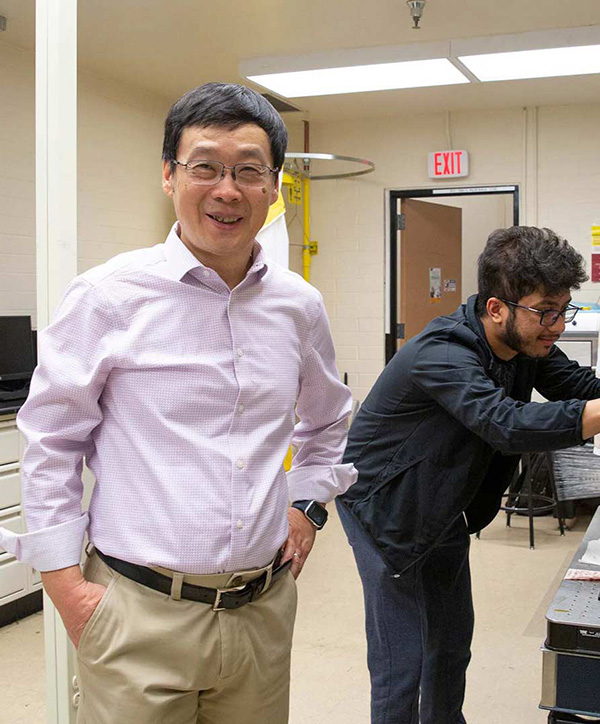
Building the microelectronics manufacturing blueprint
Hongbin Yu leads ASU’s efforts for DARPA to develop recommendations for manufacturing 3D heterogeneously integrated microelectronics in the U.S.
Microelectronics innovations
#2
Best online master’s in electrical engineering programs
U.S. News & World Report, 2023
30+
Institute of Electrical and Electronics Engineers Fellows
$43.4M
Research expenditures FY23
Entrepreneurship
Swift Coat is designing an anti-fog agent for NASA’s new space helmet
Swift Coat, a startup founded by Fulton Schools Vice Dean for Research and Innovation and Professor Zachary Holman and his former doctoral student Peter Firth, is developing an anti-fog coating for NASA’s xEMU spacesuit for Artemis moon missions.
Sounding out more efficient semiconductor manufacturing
Crystal Sonic, founded by Professor Mariana Bertoni and her former doctoral student Pablo Guimerá Coll, received NASA Small Business Innovation Research funding to reduce compound semiconductor manufacturing waste through the company’s Sonic Lift-off method.
Outstanding faculty achievements
Other notable faculty awards and distinctions
- Chaos theorist Ying-Cheng Lai appointed as ASU Regents Professor
- Regents Professor Vijay Vittal wins IEEE Prize Paper Award
- Professor Sule Ozev wins IEEE VLSI Test Symposium 2022 Best Paper Award
- Michael Kozicki honored for research, teaching excellence
- Ying-Cheng Lai elected as AAAS Fellow
- Professor Pavan Turaga wins IEEE Conference on Computer Vision and Pattern Recognition Best Paper Award
Learn more about ECEE news and highlights on Full Circle, the ASU Engineering news blog.
Faculty directory
Faculty in the news
Our faculty have appeared in numerous news sources for their contributions to scientific knowledge and beyond.
